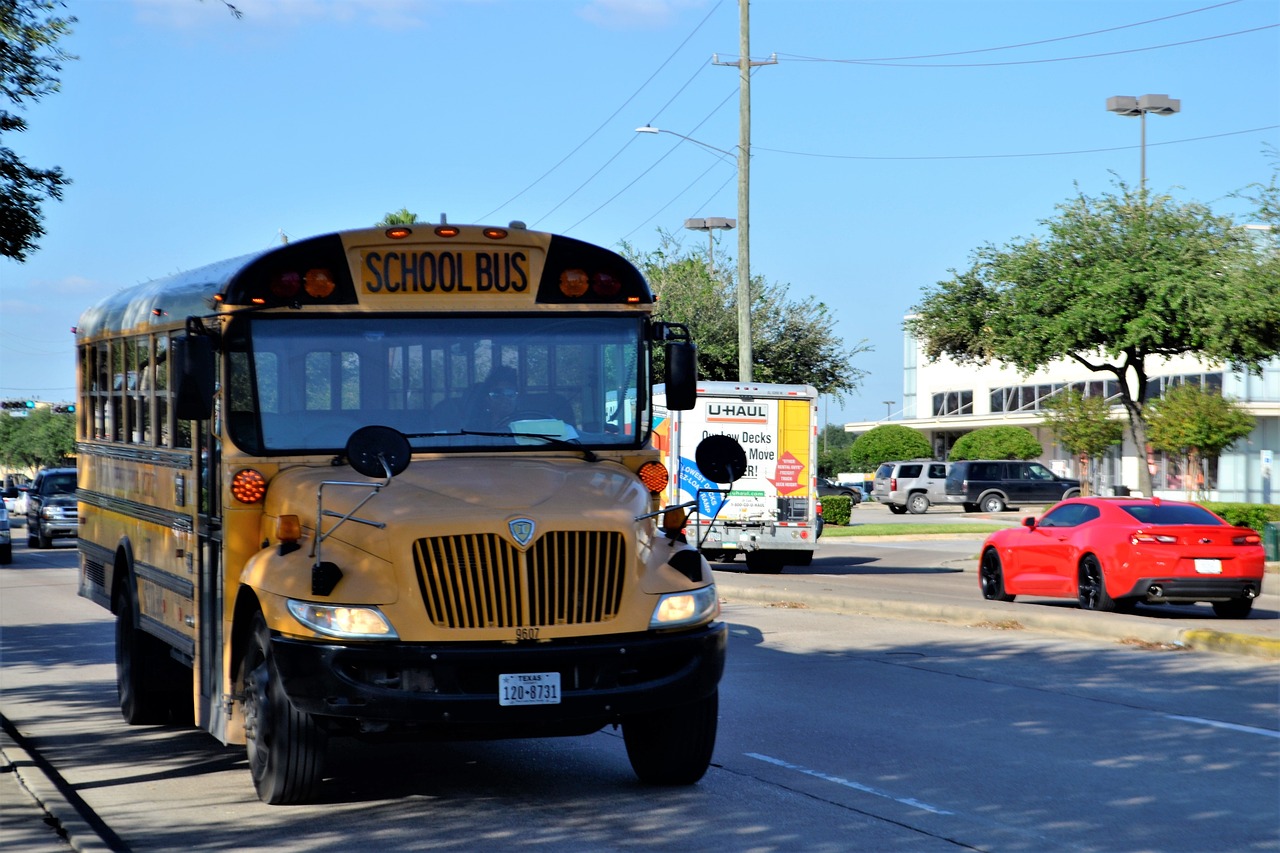Teaching Global Citizenship Through Service Learning Projects
Global citizenship is an increasingly relevant concept in today’s interconnected world. It refers to the idea that individuals have a sense of belonging to a broader community beyond their own nationality. Embracing the principles of global citizenship involves recognizing the shared values and responsibilities that unite people of diverse backgrounds and cultures.
At its core, global citizenship encourages individuals to take an active role in addressing global challenges such as poverty, environmental degradation, and social inequality. By fostering a sense of empathy, respect, and cooperation, global citizenship promotes a deeper understanding of the interconnectedness of our world and the importance of working together towards a more sustainable and inclusive future.
Benefits of Service Learning Projects
Engaging in service learning projects provides students with invaluable opportunities to apply academic knowledge to real-world situations. These projects allow for hands-on experience that goes beyond traditional classroom learning, fostering the development of problem-solving skills and critical thinking abilities. Furthermore, students gain a deeper understanding of the complexities and challenges faced by communities, encouraging empathy and a sense of social responsibility.
In addition, participating in service learning projects helps students cultivate important life skills, such as effective communication, teamwork, and leadership. By working collaboratively with others towards a common goal, students learn how to navigate diverse perspectives and contribute meaningfully to group dynamics. These experiences not only enhance students’ personal growth but also prepare them for future educational and professional endeavors, equipping them with a well-rounded skill set that is highly valued in today’s globalized society.
– Service learning projects provide hands-on experience beyond traditional classroom learning
– Develop problem-solving skills and critical thinking abilities
– Gain deeper understanding of complexities and challenges faced by communities
– Encourages empathy and sense of social responsibility
– Cultivate important life skills such as effective communication, teamwork, and leadership
– Learn to navigate diverse perspectives and contribute meaningfully to group dynamics
– Enhance personal growth and prepare for future educational and professional endeavors
– Equipped with a well-rounded skill set valued in today’s globalized society
How Service Learning Projects Promote Global Awareness
Service learning projects offer students the opportunity to engage with diverse communities and cultures, fostering a deeper understanding of global issues. By participating in hands-on activities and collaborating with local organizations, students can gain valuable insights into the challenges faced by communities around the world. This firsthand experience helps to cultivate empathy and compassion, encouraging students to become more active global citizens.
Through service learning projects, students are able to develop critical thinking skills by reflecting on their experiences and considering the broader implications of their actions. By examining the root causes of social, economic, and environmental issues, students can begin to appreciate the interconnected nature of global challenges. This holistic approach to learning not only enhances students’ understanding of complex global issues but also motivates them to take meaningful action to address these pressing concerns.
What is global citizenship?
Global citizenship refers to recognizing and understanding one’s role in the international community, as well as the interconnectedness of the world.
How do service learning projects benefit students?
Service learning projects allow students to apply academic knowledge to real-world situations, develop empathy and cultural understanding, and contribute positively to their local and global communities.
How do service learning projects promote global awareness?
Service learning projects expose students to diverse cultures, perspectives, and global issues, helping them develop a greater understanding of the world and their place in it.
Can service learning projects be done remotely?
Yes, service learning projects can be adapted to virtual or remote settings, allowing students to engage with global issues and communities from anywhere in the world.
How can students get involved in service learning projects?
Students can get involved in service learning projects through their schools, universities, community organizations, or online platforms that connect them with opportunities to make a positive impact locally and globally.







